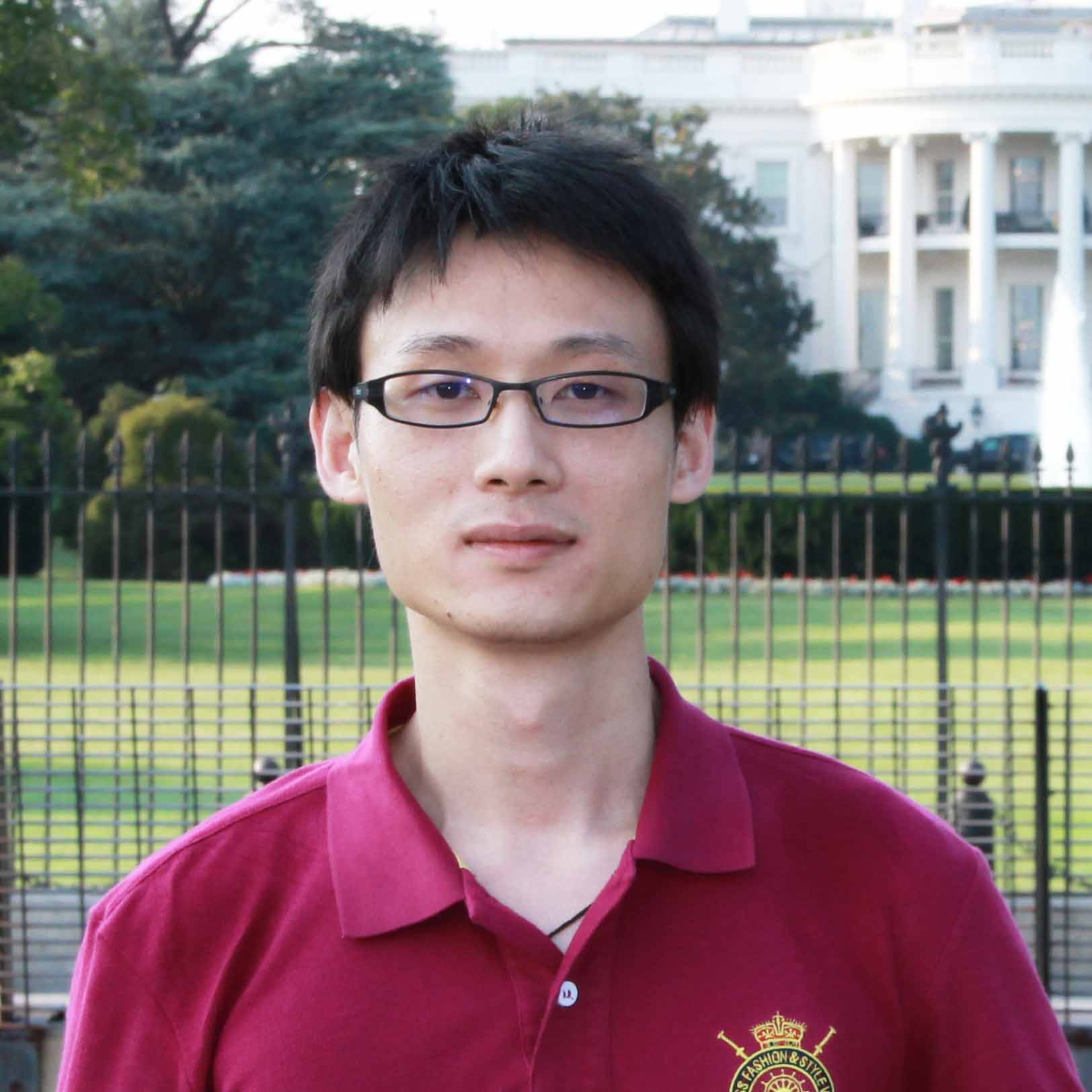Alert: The Plaza Building will remain closed through Jan. 20, 2025.
The Plaza Building will remain closed through Jan. 20, 2025. The Health Center is operating in a modified capacity. Call 303-615-9999 for appointment information during operating hours. Reminder, the Health Center is closed for the winter break Dec. 24 - Jan. 1.
Learn More
Mobile and Pervasive Systems Lab (MAPS Lab)
Overview
The Mobile and Pervasive Sensing (MAPS) Laboratory in the Department of Computer Science and Engineering at the University of Colorado Denver is pursuing end-to-end research in mobile and sensor systems that support a wide range of applications to promote qualities of life in Smart and Mobile Health and Cyber-Physical Security. In Smart and Mobile Health, the mission is to research and develop innovative approaches that will support the much needed transformation of healthcare from reactive and hospital-centered to proactive, evidence-based, and personalized care system. In Cyber-Physical Security, the mission is to discover potential threats to cyber-physical systems, including mobile devices, wearable, 3D printers, and other internet of things, and enhance the authentication procedure and defensive mechanism to protect systems from malicious attacks.
Capabilities
The Mobile and Pervasive Sensing (MAPS) Laboratory was established as an interdisciplinary research lab across the areas of computer science, computer engineering, and biomedical engineering. The lab’s research activities are in designing, building, integrating, and evaluating new types sensing systems and algorithms to address high-impact social problems such as personal health and well-being, security and authentication.
The lab is equipped with state-of-the-art research equipment including a shared computing server Poweredge R720, digital storage oscilloscope (DSO), arbitrary waveform generator (AWG), Ultigesture smart wristband sensor, footwear sensor, chest belt sensor, and multiple smartphones/tablets.
Faculty
Dr. Lin won the First Prize Design Award in 2016 International 3D printing competition and best paper award in 2017 IEEE BHI conference. His work has been reported by more than 100 public media, including National Public Radio, the Wall Street Journal, National Science Foundation’s News, etc.

Dr. Feng Lin
AssistantProfessor
Computer Science and Engineering
Phone: 303-315-0160
Email: feng.2.lin@ucdenver.edu